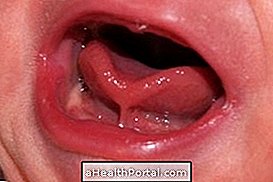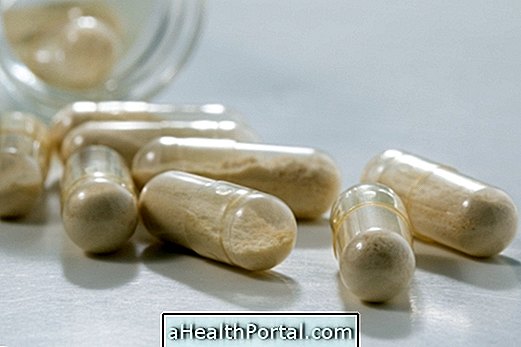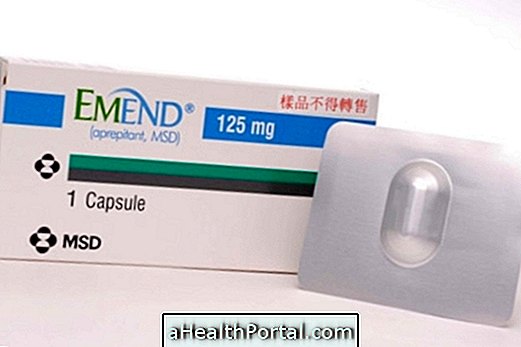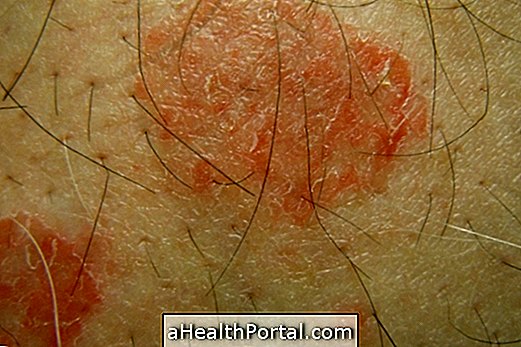The herpes feed is made primarily from foods rich in the amino acid lysine, such as beef, chicken, fish and milk and derivatives. Lysine helps reduce virus multiplication and thereby reduce the frequency and severity of the onset of herpes wounds.
In addition, proper consumption of vitamin C also helps inactivate the herpes virus in the body, as well as strengthen the immune system and prevent further bouts of the disease. Vitamin C is present in foods like lemon, orange, pineapple, cashew, acerola and mandarin.

What to eat
To avoid herpes, foods rich in lysine, vitamin C and zinc should be included in the diet, as shown in the following table:
| Foods for the immune system | Sources of Lysine | Sources of Vitamin C |
| Strawberry | Milk, cheese and yoghurts | Orange |
| Tomato | Avocado | Lemon |
| Seeds of chia, linseed and sunflower | Bean | Pineapple |
| Salmon, sardines and tuna | Meats, chicken and fish | cashew |
| Olive oil | Liver | Acerola |
| Garlic | Vegetables in general | Kiwi |
Frequent consumption of these foods helps prevent and cure herpes attacks faster, and dietary supplements may also be used, as shown below.
What to avoid
To prevent herpes, one should reduce arginine-rich foods from the diet, an amino acid that stimulates the replication of the virus and increases the frequency of seizures. Some of these foods are oats, granola, wheat germ, peanuts, nuts and almonds.
Another important measure is to avoid the consumption of coffee and foods rich in sugar and white flours, such as chocolate, white breads, biscuits, soft drinks and cakes.
In addition to forbidden foods, it is also important to avoid smoking, drinking alcohol and drinking too much sun, because they weaken the immune system and weaken the skin, making it easier to express the virus. See a complete list of foods rich in arginine.
Supplementation

Nutritional supplementation of lysine is an alternative preventive treatment for herpes when feeding, rich in the herpes recommended foods that are on the table, is not enough to lessen the reappearance of the symptoms of the disease.
In these cases, 500 mg per day of lysine may be advised by the nutritionist for suppression of the virus, or 1000 to 6000 mg per day, for the treatment of recurrences. In addition, the doctor or nutritionist can also prescribe supplements based on zinc, omega-3, vitamin E and C, according to the age and characteristics of the patient and the disease.
Watch the following video and see more tips on eating:

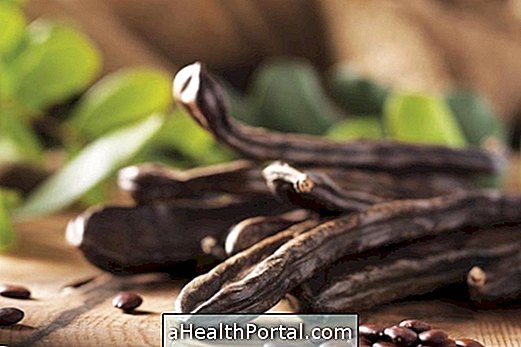

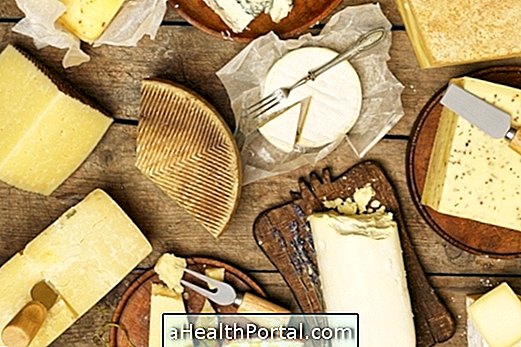

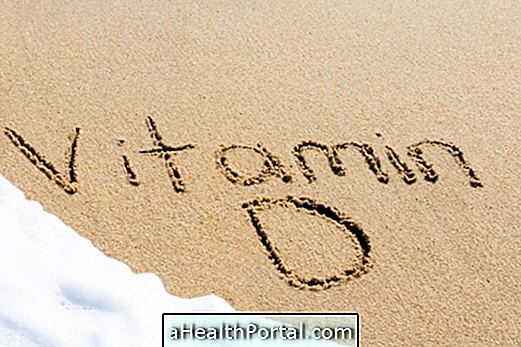




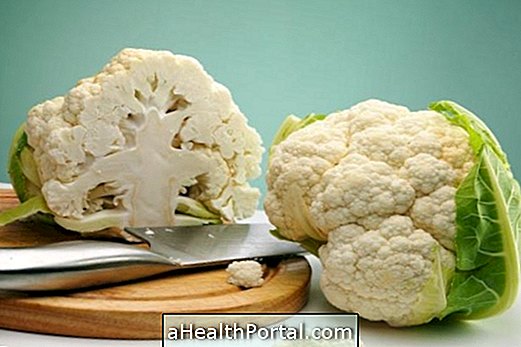


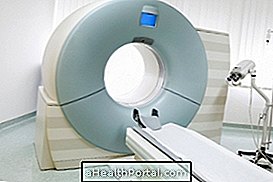


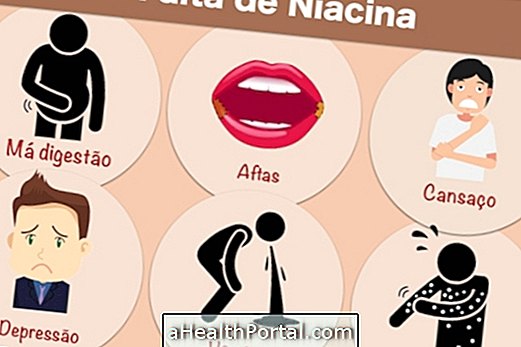
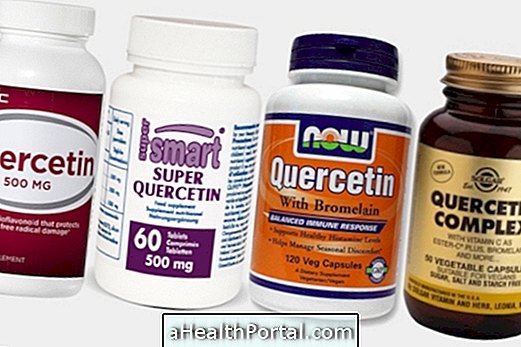
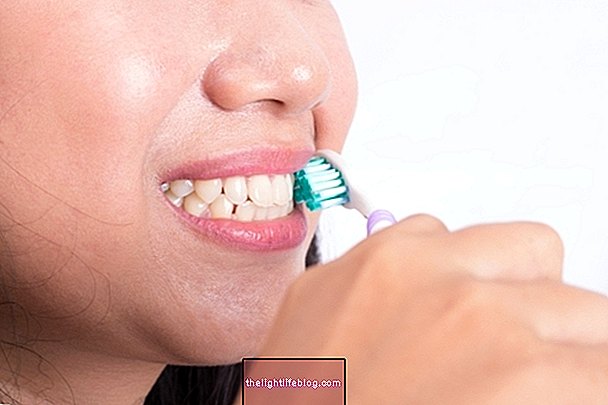
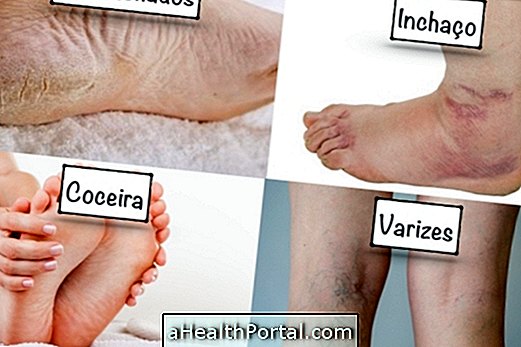

.jpg)
